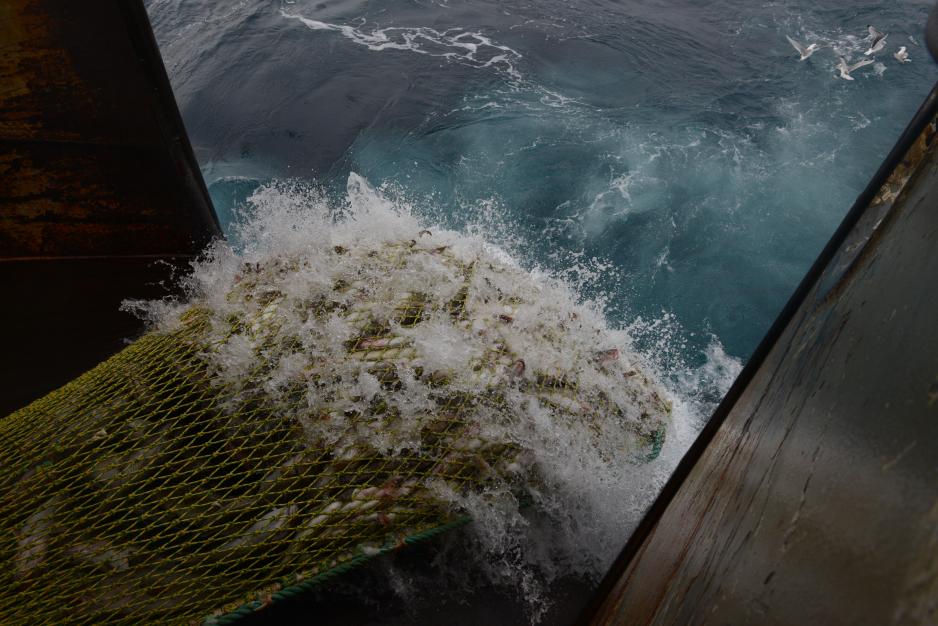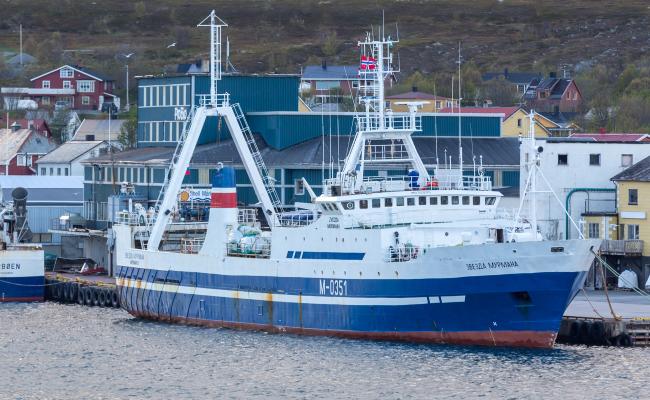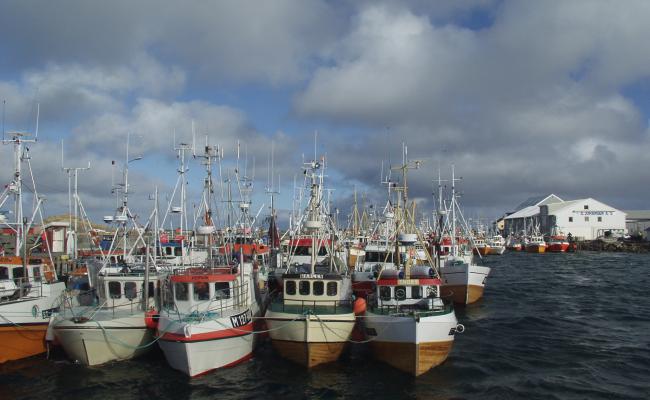Arne O. Holm says A Breakdown That Could Lead to an Ecological Disaster

Norwegian-Russian fisheries cooperation has survived many crises, but is under serious pressure from Russia. (Photo: Kjartan Mæstad/Ithe Norwgegian Institute of Marine Research)
Comment: If anyone still wonders whether Norway is deeply involved in Russia's war against Ukraine, they should take a look at the threats against the Norwegian-Russian fisheries agreement. Add a US threat to the Norwegian Oil Fund, and a perfect storm is brewing around two of our most important resources.
Europe continues to purchase Russian gas. Meanwhile, sanctions could lead to a collapse in a much more important and lasting resource, the Barents Sea fisheries.
The other day, the powerful leader of the federal Russian fisheries agency, Ilya Shestakov, announced that Russia is preparing for a fishery policy war in the Barents Sea.
This stems from Norway's decision, in collaboration with the EU, to ban two major Russian shipping companies, Norebo JSC and Murman Seafood, from Norwegian waters. It's these sanctions against Russia that the country is reacting to.
The Norwegian decision to ban the Russian companies was made in July and followed the EU's decision from May this year.
Justified fear
The fact that Norway took some time to join these sanctions was hardly surprising. Norway feared serious consequences for the fishery cooperation with Russia.
An ecological disaster.
That fear is proving to be justified.
Because Russia recently responded to the ban.
The response is two-part.
Russia threatens to ban Norwegian vessels from Russian waters. This is not very dramatic. Norwegian fisheries in the Russian zone are very limited.
The real danger, however, is that Russia is threatening to scrap the fisheries agreement with Norway and implementing its own quotas based on "national interests."
Also read
Russia has set a one-month deadline before the measures are implemented, but if the conclusion is as proposed, it is a heralded ecological disaster.
The Norwegian-Russian fishery cooperation has survived every East-West conflict and is considered one of the most important international agreements on food resources.
Russia and Norway have agreed on cod quotas, even during the Cold War, to safeguard a viable cod stock, to the benefit of all of Europe.
Already noticeable
The agreement does not just ensure food on European dinner plates, but also for the Norwegian fisheries industry, providing settlement along our entire coast. In recent years, cod stocks have declined, and quotas have been reduced.
Lower quotas have also been heralded for next year, and the consequences for the fisheries industry are already noticeable.
Trump and Putin with their hands around Norway's neck.
That is precisely why this bilateral management cooperation is so significant.
Yet, here we are at the brink of a total collapse of cooperation, as well as one of the world's most important food resources. One of the few open channels between East and West could close, while we would lose control and the opportunity to regulate the fishery.
If Russia were to make a reality of its threats, we risk that the Russian fishery of young cod will put a stop to the sustainable cod fisheries in the Norwegian economic zone.
The Norwegian authorities must have seen this coming when the sanctions were implemented.
Maybe, but only maybe, these are empty threats from the Russian fisheries agency. Because the Russian economy and fisheries are also dependent on a viable stock. Yet, the concern for a victory in Ukraine seems to trump any other thought in Russia.
Also read
Hands around Norway's neck
We will know in a month. But right now, it is hard to picture Russia withdrawing its threats.
And we are now facing a serious paradox. How are we to defend a continued large-scale European import of Russian gas, while sanctions may kill the cod stock?
At about the same time, US republicans lashed out at the Norwegian Oil Fund after the fund sold itself out of American companies that contribute to the Israeli bloodbath in Gaza.
The loud-mouthed and aggressive Senator Lindsay Graham threatens both increased tariffs and visa denials as a consequence.
Norwegian resources and independence as a nation are thus threatened from both the east and the west.
A few days before the election, Donald Trump and Vladimir Putin have their hands around the Norwegian economy and independence.





